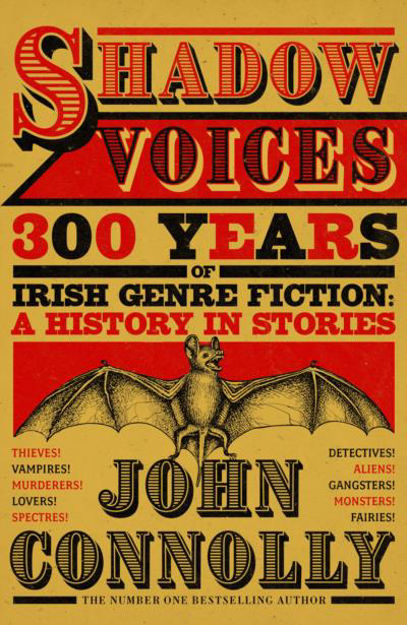
It was my better half Jennie who looked at me during the creation of Shadow Voices – at the precise stage when it seemed as though the whole project, all 1100 pages of it, was about to break me – and said, “You know, it’s a lot of trouble to go to just to prove a point”.
In this she may have been right, but the point, I felt, was worth proving: the centrality of genre fiction to any proper understanding of Irish literature – and, by extension, literature in general. In Ireland, it sometimes felt as though this was being missed, either intentionally or otherwise. Oh, anthologists were very good at acknowledging the Gothic, in part because it was so hard to avoid, but also because it could be read politically. They proved to be on less certain ground when it came to crime fiction, speculative fiction, supernatural fiction, and particularly women’s fiction, including romantic fiction – a form long derided, mostly by men.
It’s a dangerous business, excluding forms of writing from the canon, because – not unsurprisingly – it involves excluding writers. When it comes to genre fiction, that often means female writers, because women recognised and embraced the possibilities of genre from an early stage: as a means of examining and interrogating contemporary society, often in the guise of entertainment, and as a way of earning money from their work, which was no small thing, especially since women were only granted full rights to property, including intellectual property, towards the end of the nineteenth century. Most anthologies of Irish writing published before the early part of the current century are shockingly male-dominated, particularly as fiction has traditionally been driven by women as both creators and consumers. One reason for this is a reluctance to acknowledge genre authors.
Irish writers are skilful: it’s hard to find a genre in which they have not excelled…
Another reason, possibly, is the tendency to judge genre literature by its worst examples and literary fiction by its best. This helps to bolster the argument that one form of fiction is inherently superior to the other, a distinction very much a product of twentieth-century critical thinking, although most readers will recognise that, to paraphrase Duke Ellington on music, there are only really two kinds of fiction: good fiction, and the other kind. Whether either happens to contain a ghost, a crime, a future society, or a love affair is somewhat beside the point. Instead, rather in the manner of a good dish, the ingredients are less important than the skill of the cook.
And Irish writers are skilful: it’s hard to find a genre in which they have not excelled, or that they have not helped to pioneer, often in the course of leading extraordinary existences. The stories referred to in the subtitle of Shadow Voices are not alone the ones they created but also the stories of their lives, because, as is the way with writers, the life and work are generally intertwined. Shadow Voices tries to celebrate both, and restore genre fiction to its rightful place in the continuum of Irish literary history.
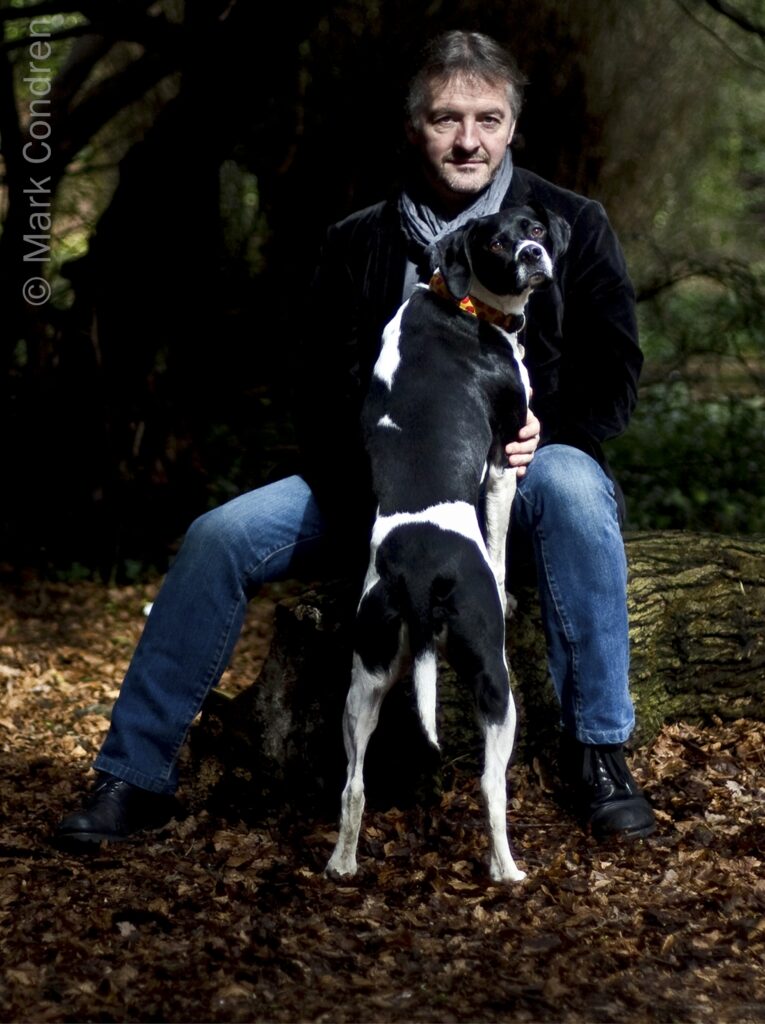
John Connolly is the internationally bestselling author of 30 + books, including the Charlie Parker novels, The Book Of Lost Things, The Samuel Johnson Adventures and more.



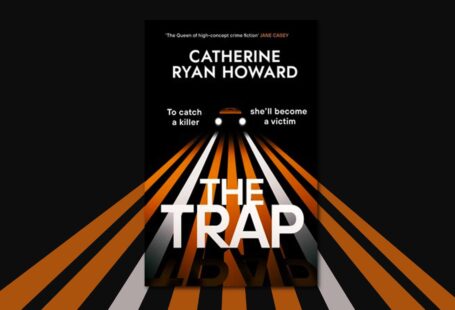
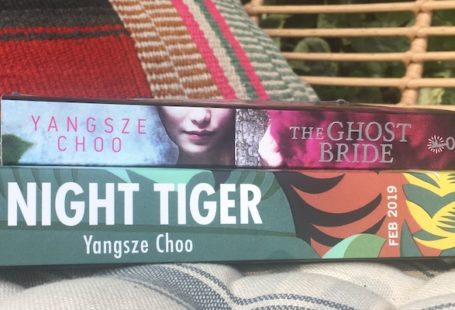
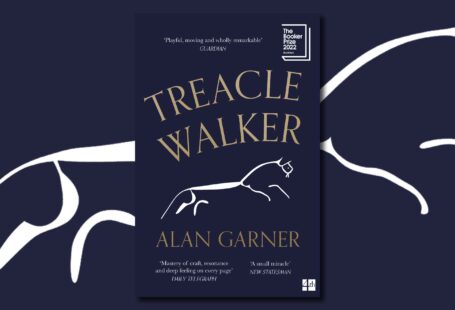
Recent Comments